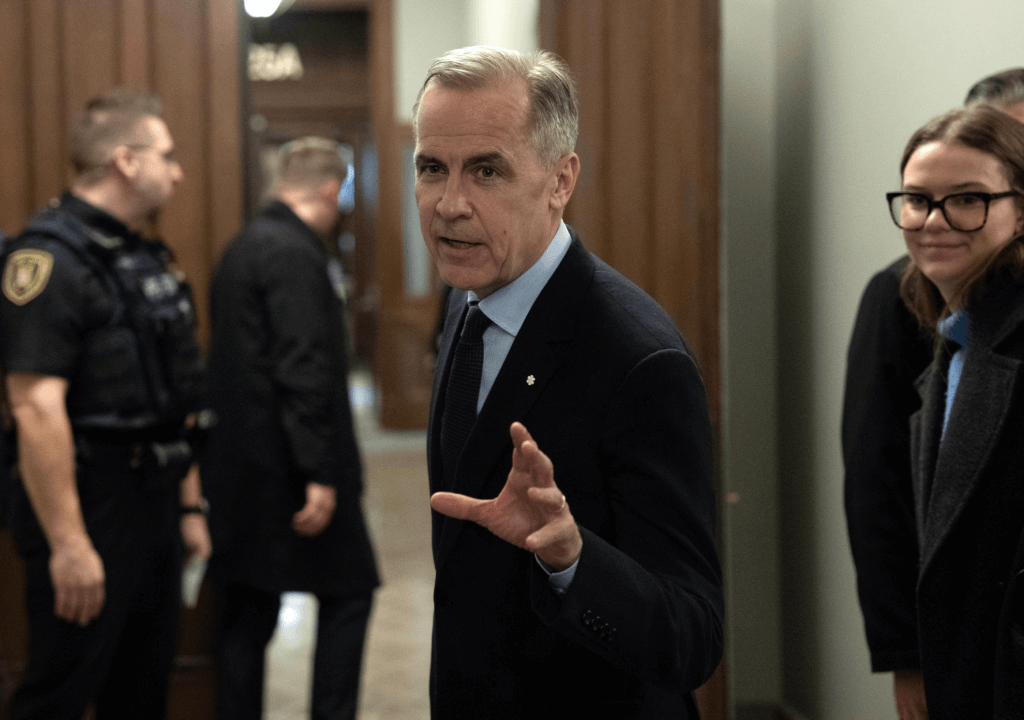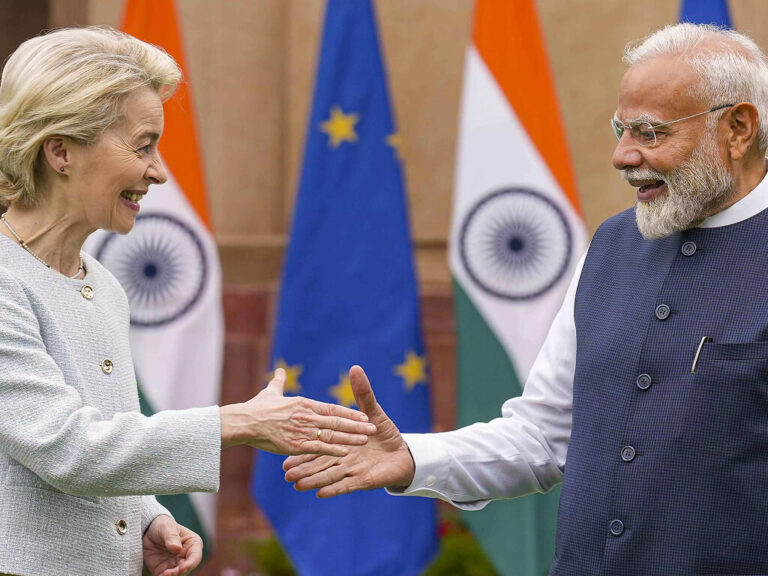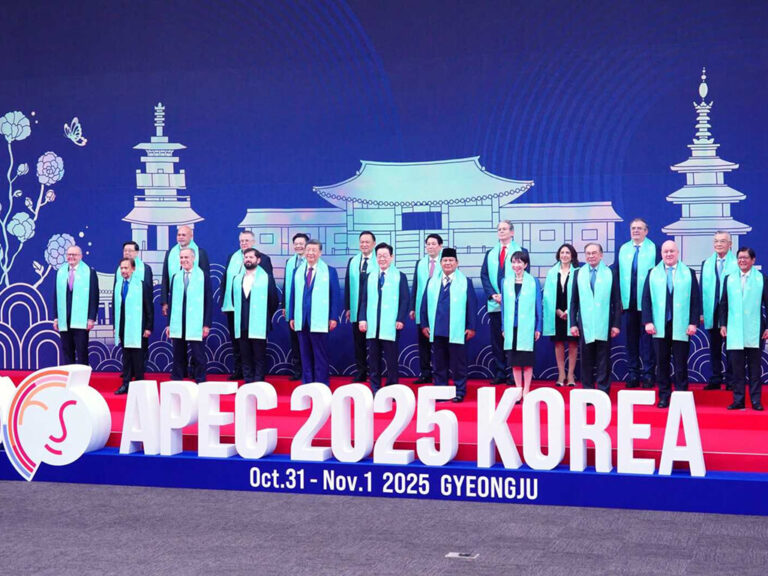Over the past year, diplomatic relations between India and Canada steadily deteriorated. Under Prime Minister Narendra Modi’s nationalist government and Prime Minister Justin Trudeau’s liberal administration, tensions escalated as both sides expelled diplomats and allowed the rift to deepen.
However, Trudeau’s resignation, prompted by waning public support, marked a potential turning point. The new liberal-led Canadian government signaled a renewed interest in restoring ties. India, in turn, opened the door to dialogue. In a meaningful gesture, India’s foreign minister reached out to his Canadian counterpart—an early step toward rebuilding a relationship long strained by political indifferences.
Signs of Diplomatic Repair
Although tensions between India and Canada have persisted, the question has always been how long the diplomatic freeze could last. With a sizable Indian diaspora in Canada and the realities of an interconnected global economy, Canada can ill afford to alienate a key partner like India. Since Justin Trudeau’s resignation, both nations have begun making cautious moves toward reconciliation. According to The Indian Express, New Delhi and Ottawa are considering reinstating their High Commissioners by June.
India’s External Affairs Minister, Subrahmanyam Jaishankar, and Canada’s new Foreign Minister, Anita Anand, recently held a phone call—the highest-level diplomatic exchange since Mark Carney took office as Prime Minister in March. Anand, who has roots in India, is looking to ease tensions and rebuild the strained relationship.
Jaishankar said the two discussed the future of India-Canada relations and wished Anand success in her new role. Anand later described the exchange as productive and reaffirmed her commitment to strengthening bilateral ties, expanding economic cooperation, and advancing shared priorities.
The Khalistan issue will persist
The core of the tensions between India and Canada stems from the issue of Sikh separatism. A segment of Canada’s Sikh community has long pushed for the creation of Khalistan—an independent Sikh state in India’s Punjab—a movement that India firmly opposes. Canada has emerged as a hub for Sikh diaspora activism, with some separatist groups reportedly receiving financial and logistical support. The Indian government has voiced increasing concern over these developments.
India has also raised alarms over security threats originating not only from Canada but also from the United States. Gurpatwant Singh Pannun, a prominent Khalistani separatist, has repeatedly issued violent threats, including bomb threats targeting Indian aircraft. New Delhi suspects that foreign funding is being funneled into Sikh-led protest movements within India, exacerbating tensions.
Bilateral relations hit a breaking point in 2023 when Canada accused India of involvement in the killing of Hardeep Singh Nijjar—a Canadian citizen and prominent Khalistan leader whom India designates as a terrorist. Nijjar was shot dead in Vancouver, and while India strongly denied any role in the incident, the fallout led both countries to expel senior diplomats, pushing diplomatic ties into a deep freeze.
Cautious Steps
Optimism surrounds the future of India-Canada relations, but significant challenges remain. The trial over the killing of Hardeep Singh Nijjar is still underway, and its outcome could shape the direction and pace of diplomatic progress—especially if Canada chooses to elevate the issue internationally. As long as the Khalistan movement remains active within Canada, it will continue to strain ties with India.
The newly formed Liberal government appears more measured than its predecessor. While open support for foreign separatist movements has waned, the government is unlikely to rush reconciliation efforts, given the political sensitivities surrounding the Sikh vote, a key constituency for the Liberal Party.
India, too, is expected to take a cautious approach.
As Canadian Foreign Minister Anita Anand noted on Thursday, the government is taking “One step at a time” in rebuilding its relationship with India—signaling a deliberate and careful path forward, rather than a swift resolution.








